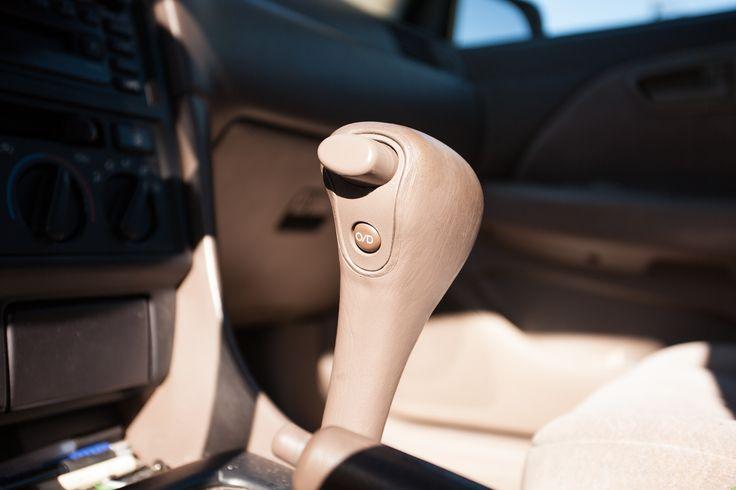Everything You Need To Know About The First Car In The World
The history of the automobile is rich and full of surprises. When was the first car ever made is the question that has always been a contradiction amongst people for the century. However, there isn’t any solid proof about the first car and who invented it, but myths are always there. To get a precise idea about the first car in the world, we have handpicked some amazing facts for you.
So let’s discover together!
What You Should Know About The First Car In The World?
The world’s first automobile has various myths and facts with it. Some people relate their religious reasons to it and others have a different point of view on the invention of a first-ever four-wheeler. So what’s true, and what’s not, let’s find out now.
1. History of automobile
When looking at the old pages of automobile history there have been many inventions before the first car in the world, which ran on fuel. People tried to make their cars by running them on Steam. The first person who invented the steam car was an astronomer, Verbiest. It was 1658 when he used a small ball as a boiler, which was used to power the entire vehicle.
The car was around two feet long and was a toy for an emperor of China. The 1700s was the time of steam engines and numerous steam cars were launched in the marketplace. The con that the steam cars were difficult to manage because of their weight didn’t lead them to be popular. There were countless inventions of the steam vehicle but none of them was self-driven and efficient.

Read more:
2. First car in the world
Who made the first car in the world? In articles about the history of the development of the automotive industry, Wikipedia mentioned engineer Karl Benz (Germany) as the person who invented the world’s first engine-powered car. However, as we know, before Motorwagen, there were also several cars on the market such as Cugnot Fardier (1769), Grenville Steam Carriage (1875), and Marquise (1884)… But because they were too primitive, they were too primitive. These cars were not identified as automobiles until the Benz Patent Motorwagen officially appeared in 1885. Benz Patent Motorwagen was the very first vehicle that consisted of an inbuilt engine capable of running gas fuel. The entire structure of the car was built according to the size of the internal machinery. This revolutionary vehicle further resulted in assorted masterpieces in the automobile marketplace.
Although patented in 1886, the car has been offered for sale since 1885. The car was launched to the public on July 3, 1886, with a limited production of 25 cars between 1886 and 1893. At the time of launch, the Benz Patent Motorwagen had a price of about 150 USD (equivalent to 4,086 USD currently).
3. Looks of the car
Karl Benz manufactured the car’s design by using a horse carriage but by replacing the horse with the engine. The car used to have three tires and run without any extra force. The entire vehicle was built with solid rubber. Meanwhile, the wheel is made of steel, has many interlocking spokes, and uses tires made of solid rubber. The driver will sit in the seat and control the vehicle’s movement using a handheld unit mounted directly to the vehicle’s axle. To ensure that the vehicle performs better even on the hilly areas, rear wheels were built heavier and bigger than the front wheel.
4. Engine integration
Benz Patent Motorwagen is not equipped with springs for the steering device and is equipped with a 4-stroke, single-cylinder Benz gasoline engine with a capacity of 954cc, allowing the car to reach a capacity of 6 horsepower and a maximum speed of 16 km/h. Notably, the Benz Patent Motor Car was equipped with a fuel-soaked fiber tank that later functioned as a carburetor to provide power to the cylinder.
The total weight of the engine of the world’s first car was almost a hundred Kilograms. It was one of the most efficient engines of that time. However, it was able to generate 0.75 horsepower only.
5. The steering system
Carl Benz was not satisfied with the four-wheel steering system available in 1886. So he chose a three-wheel system. Power is transferred to the two rear wheels, with the single front wheel doing the driving. The two-seater has a wheelbase of 1.5 meters and a simple drivetrain, in which a pair of chain drives linked by a simple axle transmits power to the rear axle. A large single-speed leather strap serves as the actuator.
The flywheel was placed horizontally because Benz thought that spinning a large mass would create too much inertia, thus making steering difficult.
6. Some other features
The woodwork was used for panels and the vehicle was made of steel entirely. The steering was like a pivot that was able to control front wheel movement. Sadly, the first car model collided during the public demonstration, but Benz continued to modify the vehicle. After many experiments and countless changes, he traveled 106 km along with his wife and 2 sons. With the success of this model, Benz further built many cars and sold them at good prices.

Whenever you are asked- what is the first car in the world, you have your answer. So use this information when somebody brags about industry knowledge.
Watch the below video to have a detailed look about the world’s first car:
Final Words:
Who knew that the efforts put into creating a utility vehicle in the 80s would lead to today’s high-tech cars. The first car in the world wasn’t just an experiment it was a demonstration of what a human is capable of doing.














